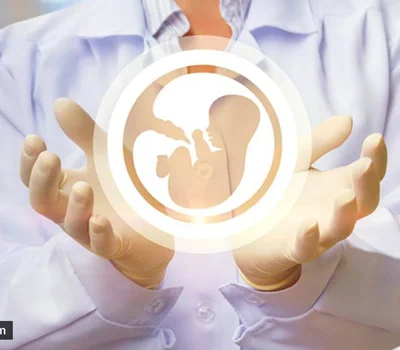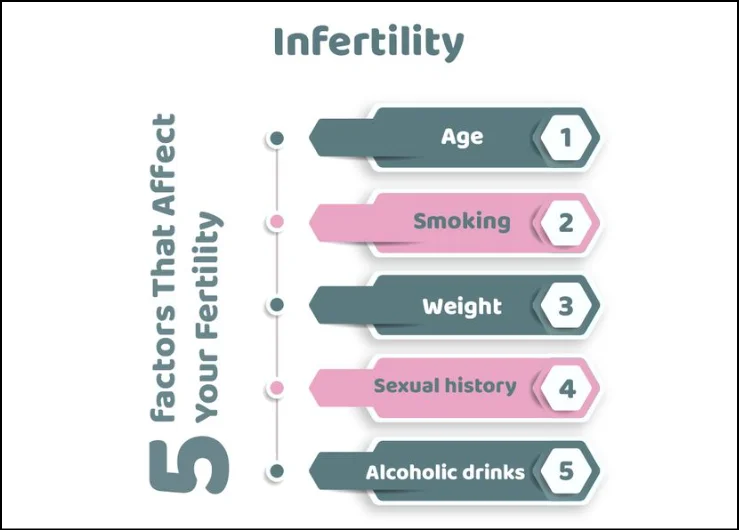All Departments
- PCOS Treatment
- STD Treatment
- Infertility Treatment
- Fibroid Treatment
- Endometriosis Treatment
- Ovarian Cyst Treatment
- Sexual Dysfunction
- Menopause Specialist
- Irregular Menstrual
- Laparoscopic Gynecologists
- Hysterectomy
- Urogynecologist
- Contraception
- Colposcopy
- AMH Testing
- O Shot
- G shot Treatment
- Vaginoplasty
- labiaplasty
- Clitoral Hoodectomy
- Vaginal Bleaching
- High-Risk Pregnancy
- Pregnancy Care
- Maternal Fetal Medicine
- Cesarean Delivery
- Painless Normal Delivery

Infertility Treatment
Overview
Babies are a source of unconditional happiness. So, when you are blessed with a child, you are probably on cloud nine. But being unable to bear a child and struggling with infertility could be appalling.
Fortunately, medical science has gone through some amazing advancements, and we now have substantial options to treat infertility.
What is infertility?
Infertility is when a couple cannot conceive a baby even after one year of regular, unprotected sex. Infertility can strike both men and women.
A woman is said to be infertile when she has tried to become pregnant for one year and has not used birth control and yet has not been able to get pregnant. On the other hand, infertility in a man occurs when he has insufficient sperm or sperm that is too unhealthy to combine with a woman’s egg.
What causes infertility in women?
Obstacles to ovulation – Ovulation is the process of the egg leaving the ovary and traveling to meet the sperm. Some women do not ovulate on a monthly basis.
Reproductive system issues – Reproductive issues such as fallopian tubes, cervix, uterus, or ovaries. This could include a blockage, growth, scarring, enlarged ovaries, or an abnormal cervix opening.
Menopause begins too soon – This would take place before the age of 40. It could be caused by an immune system disorder, cancer treatments, or a genetic syndrome.
Various disorders – Gynecological problems like endometriosis, pelvic inflammatory disease, cancer, diabetes, autoimmune diseases (when your body attacks itself), lupus, and celiac disease can all cause infertility in a woman.
Delayed puberty – Irregular or absence of menstrual cycles.
Substance abuse – Any addictions.
Improper weight – Being either overweight or underweight. Even too much or too little exercise can impact a woman’s ability to conceive.
Age – If a woman is more than 35 years of age, it may become difficult for her to get pregnant.

What are the symptoms of infertility?
The inability to become pregnant is the most common symptom of infertility. If your menstrual cycle is too long (35 days or more), too short (less than 21 days), irregular, or absent, you may not be ovulating. There may be no other indications or symptoms.

